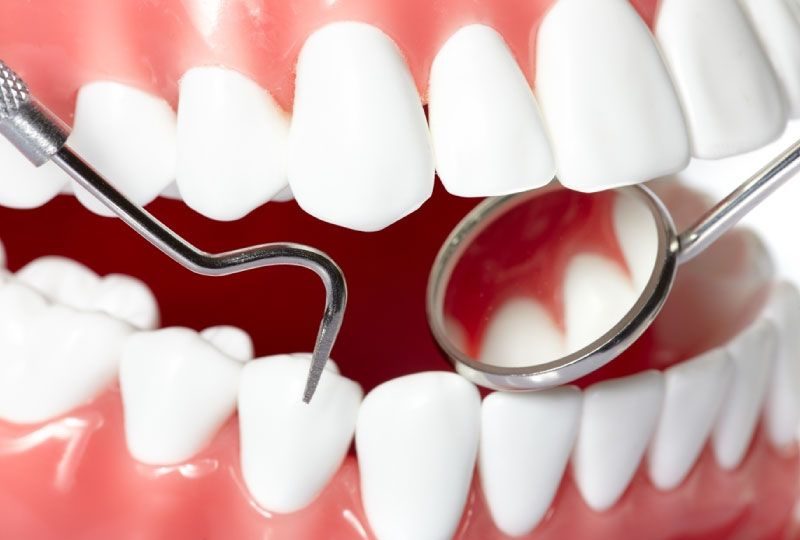Acupuncture and Traditional Chinese Medicine have been widely practiced for thousands of years and have gained popularity worldwide. This ancient practice is based on the belief that the body is a complex system of energy flow, and when this energy becomes imbalanced, it leads to illness and disease.
The Principles of Traditional Chinese Medicine
Traditional Chinese Medicine (TCM) is a holistic approach to healthcare, focusing not only on the physical symptoms but also on the mental, emotional, and spiritual well-being of an individual. TCM believes that the body is interconnected with the universe and should be in harmony with its surroundings. According to TCM, the body’s energy, known as Qi, flows through specific pathways called meridians. When Qi is blocked or disrupted, it can result in pain or illness. The goal of acupuncture is to restore the balance of Qi and stimulate the body’s natural healing process.
The Practice of Acupuncture
Acupuncture is the most well-known aspect of TCM. It involves the insertion of thin needles into specific points on the body to stimulate the flow of Qi. These points are believed to be located along the meridians, where the energy is most accessible. Before the treatment begins, an acupuncturist will assess the patient’s overall health and identify any imbalances that may be contributing to their condition. The needles used in acupuncture are typically made of stainless steel and are sterilized to ensure safety and cleanliness. During the treatment, the acupuncturist carefully inserts the needles into the designated points. This process is virtually painless, as the needles are very thin. Once inserted, the needles are left in place for a specific period, usually between 15 to 30 minutes. Acupuncture can be used to treat a variety of conditions, including chronic pain, stress, anxiety, fertility issues, and digestive disorders. Many people also use acupuncture as a form of preventative healthcare, to maintain overall well-being and balance.
Benefits of Acupuncture
The benefits of acupuncture extend beyond just pain relief. Research suggests that acupuncture can stimulate the release of endorphins, which are natural painkillers produced by the body. This can help reduce pain, improve mood, and promote a sense of relaxation and well-being. Acupuncture has also been found to have a positive effect on the immune system. Studies have shown that acupuncture can enhance immune response by increasing the production of white blood cells, which play a crucial role in fighting off infections and diseases. Furthermore, acupuncture has minimal side effects compared to pharmaceutical drugs or surgical interventions. It is generally considered safe when performed by a licensed acupuncturist, making it an attractive alternative for those seeking natural and non-invasive treatments.
Integrating Acupuncture with Western Medicine
In recent years, there has been a growing acceptance of acupuncture within the field of Western medicine. Many healthcare providers now include acupuncture as part of their treatment options, recognizing the potential benefits it can offer. Integrating acupuncture and traditional Chinese medicine with Western medicine can provide a more comprehensive approach to healthcare. By combining both modalities, patients can benefit from the best of both worlds, utilizing the strengths and expertise of each system. It is important to note that although acupuncture can be beneficial, it is not a substitute for necessary medical treatments. Consulting with healthcare professionals and seeking proper medical advice is crucial, especially for serious or chronic conditions.
Conclusion
Acupuncture and Traditional Chinese Medicine offer a holistic approach to healthcare that considers the interconnectedness of the body, mind, and spirit. The practice of acupuncture, in particular, has gained recognition and popularity for its ability to address a wide range of health concerns with minimal side effects. As the integration of Western and Eastern medicine continues to evolve, individuals have greater access and choice in their healthcare options. Whether seeking relief from chronic pain or looking to optimize overall well-being, acupuncture and Traditional Chinese Medicine provide a time-tested and natural alternative.


